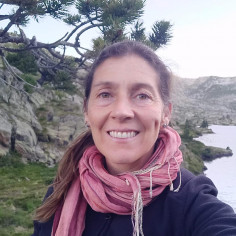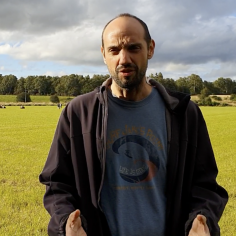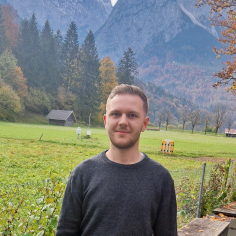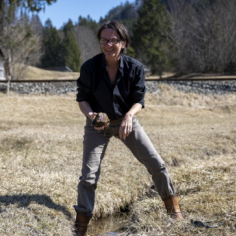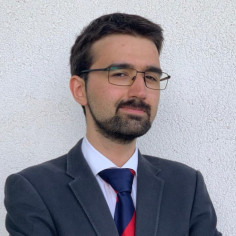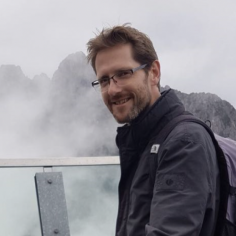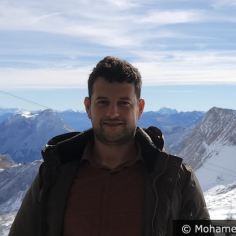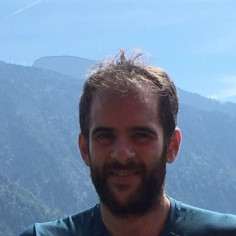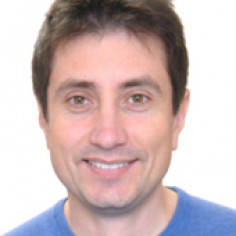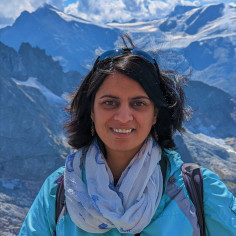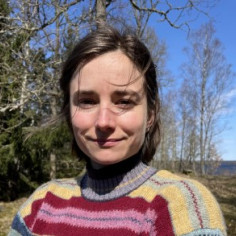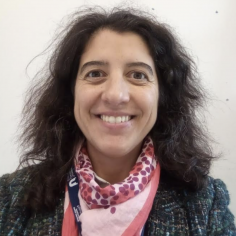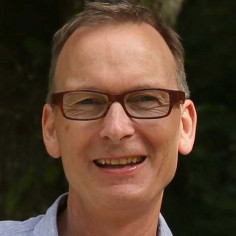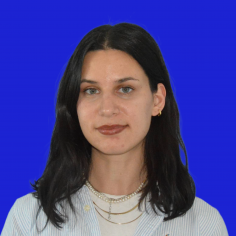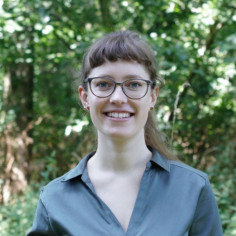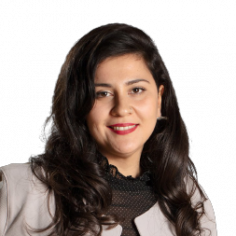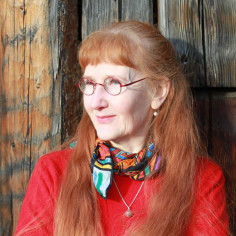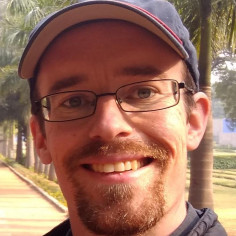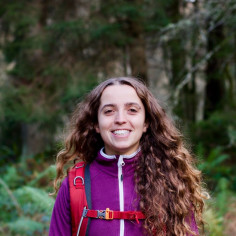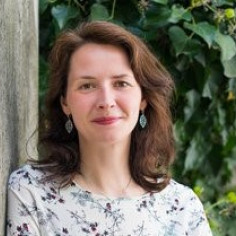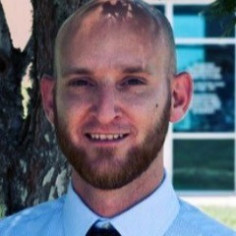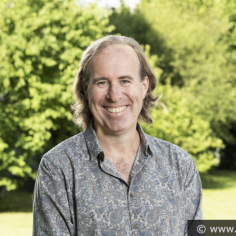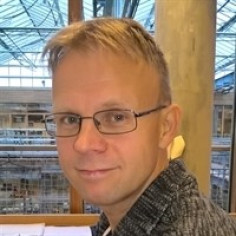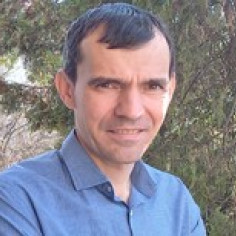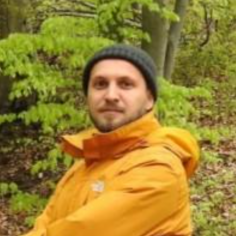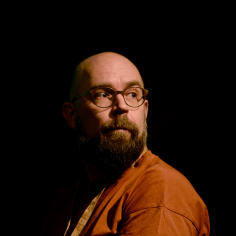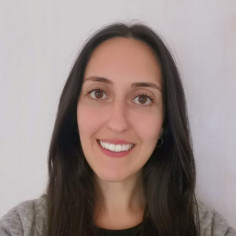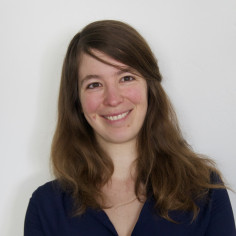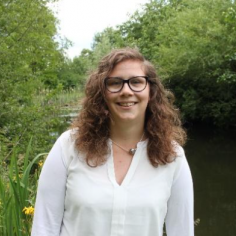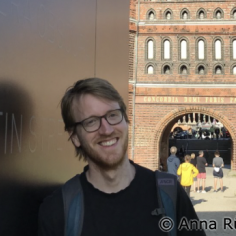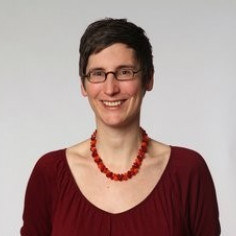Almut Arneth is a Biologist by training, with a specialisation in Plant-Ecophysiology. In addition to being division head and group leader at KIT/IMK-IFU, she is a professor at the KIT department of Geography and Geoecology. Early in her career, she studied terrestrial ecosystem-atmosphere CO2 and water exchange with a range of measurement techniques. Over the last 15 years or so, she focused increasingly on global-scale modelling of the interactions between climate change, land-use change, and various terrestrial ecosystem properties, using Dynamic Global Vegetation models. She has been a Coordinating Lead Author in the Global Assessment of the IPBES (Int. Science-Policy Platform for Biodiversity and Ecosystem Services), on chapter 4 “Future scenarios and projections”, Coordinating Lead Author of the IPCC Special Report on land and climate change (chapter 1 “Setting the scene”) and a Lead Author in the IPCC 6th Assessment report (WG2, chapter on Terrestrial and Freshwater Ecosystems). Currently, she is acting as a Lead Author in the IPBES Nexus Assessment, chapter 2 (“Current status and past trends“). She has been involved for many years in a number of EC FP and nationally-funded projects related to Global Environmental Change, including being the co-coordinator of the project wildE (Climate-smart rewilding: ecological restoration for climate change mitigation, adaptation and biodiversity support in Europe).
